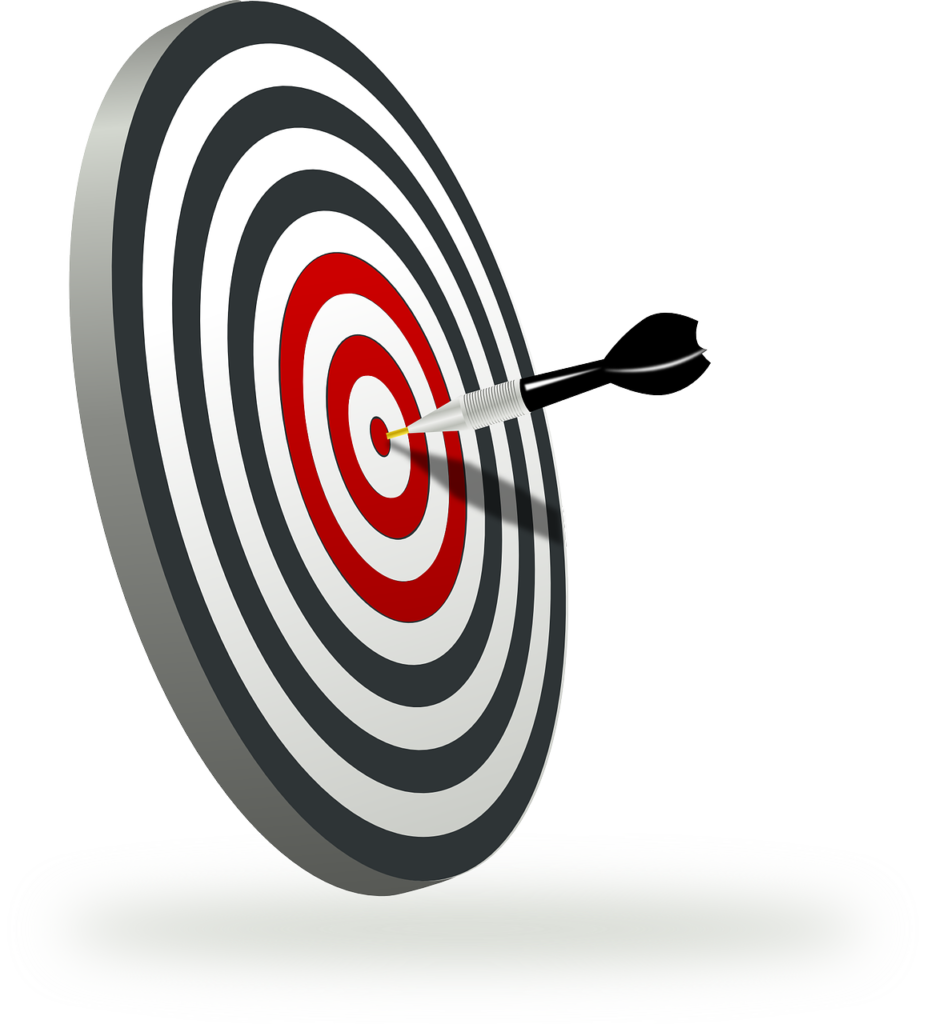
Type A’s are Successful, Suffering, and Satisfied
And they like it that way. Go figure.

For Type A people, the glass is 2% empty. They/We are the annoying types who, when everyone was glad to get a 75 on a really tough exam, they were wondering why they missed one question.
Type A’s live below the surface. Outwardly, they tend to be striving, high-achieving, and often successful. Some are annoying and overly perfectionistic at the expense of those around them. Most, I have found, quietly deliver excellence to and for those they work with. What’s often not discussed is what goes on inside a Type A achiever.
Being a recovering Type A, and having worked with many over the past 20 years, coaching and advising them, I share some insight into their world. And feel free to play along at home, and see how many you get right:
It’s not about failing
Many think Type A’s can’t stand to fail. That’s not really true. It’s not about failing; that’s out of the question and not allowed. It’s about coming up short of expectations, their expectations.
Type A’s hate it when they don’t live up to their expectations.
Again, the glass is 2% empty.
Type A’s dread not rising to the expectations they set for themselves, which leads us to the next item.
Standards for whom?
Type A’s have a tough, tough highly self-critical voice inside their head, and they set Herculean / unrealistic standards for themselves. The “better” ones apply those standards to only themselves. The worse ones expect others to live up to them.
The glass should not be 2% empty. It just shouldn’t. And if you ask them “Why?”, they’ll say, “It just shouldn’t.”
And that makes complete sense for Type A’s.
Not for the glory
And most Type A’s I know don’t pursue success for fame or recognition. It’s quite the opposite.
To Type A’s, achievements mean little. Yes, it’s definitely better than coming up short to one’s expectations, but there’s not much joy in success. Accomplishments, awards, medals, etc. get put in the closet or drawer, not to see the light of day.
But any setback or failure (heaven forbid there should be failure), that gets metaphorically posted right in front of them so they can remind themselves, “Don’t ever do that again.”
So Type A’s don’t work hard or push themselves to win or succeed or achieve; they do it so they don’t disappoint themselves.
And it all makes perfect sense
And if you read the above, and think, “Wow, that’s pretty shocking/weird/sad”, I won’t disagree with you.
But I will say that it makes sense for Type A’s. In fact, if you ask them how long they’ve felt the above, they’ll likely say, “Always” or “Ever since I was little.”
And if you said, “That seems a bit tough on yourself. Wouldn’t you like to be a bit kinder to yourself?”, they’ll again say, “No, it feels right.”
But not for others
But if you ask them if they’d want their children to have the same expectations for themselves, most of them would say, “No”. Sure, a few want their offspring to be just like them, but the bulk have overwhelmingly said, “No”.
And when you ask them, “So why does it not apply to them, but it does apply for you?”, they’ll register the incongruity, and often just shrug their shoulders, “It is what it is.”
The paradox of Type A’s
Unless they’re a super jerk of a person (and there certainly are Type A’s like that), most Type A’s live rather quietly as Type A’s.
Sure, you’ll see them working long hours; double-, triple-, quadruple-checking a report to ensure everything is right; or practicing 10, 20, 30 times for a presentation to make sure it all goes well.
And you know what? Frequently it does.
And that’s the paradox of Type A’s.
They are some of your best workers (again, assuming they don’t drive others crazy). They work hard, have high standards, and often excel at their work. Valued employees.
But privately, the cost to themselves (and often their families) can be high. And often that’s what people don’t see.
What to do
So the reasonable question is, “What to do with Type A’s?”
My answer is, “Not much.”
Ultimately, notwithstanding the stress and “hedonic treadmill” aspect of their lives, Type A’s very much like being Type A’s. Yes, they may begrudgingly acknowledge the cost, but it’s difficult for them to envision any other way of being. And they certainly wouldn’t want to be anything less than Type A. That would definitely fall short of their standards.
So in the event you have Type A’s around you, harness and enjoy their energy, drive, productivity, and impact.
Just ensure they don’t injure themselves and others along the way.
Sign up for our 60-Second ReadTM
Categories
- board of directors
- career
- career development
- change
- coaching
- communication
- compensation
- conflict
- consulting
- critical thinking
- culture
- decision-making
- education
- experiential learning
- feedback
- high potential
- hr
- immigration
- influence
- innovation
- jobs
- knowledge economy
- leadership
- leadership development
- leadership style
- learning
- management
- management development
- motivation
- selection
- self-actualization
- skills shortage
- succession planning
- talent development
- talent management
- time management
- uncategorized
